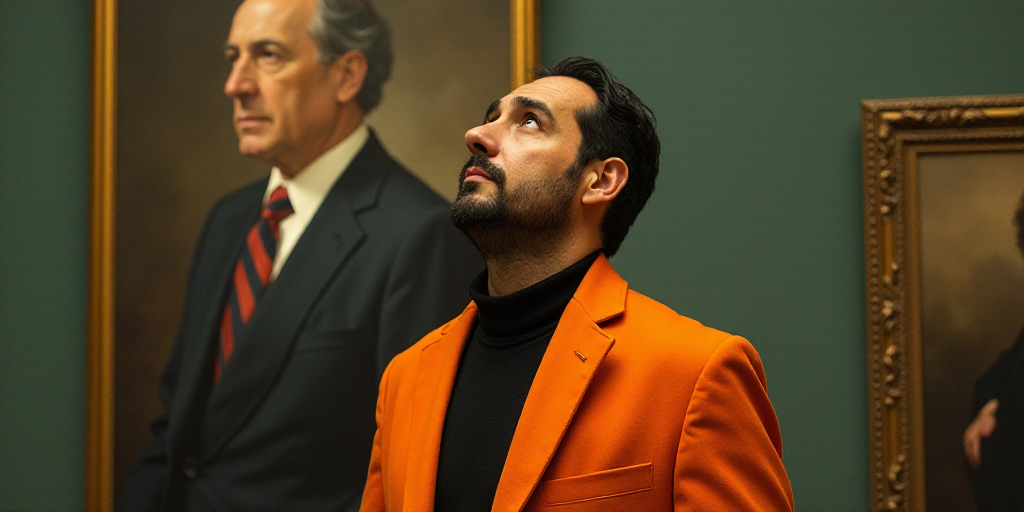Background on Key Candidates and Their Proposals
In a surprising turn of events, centrist senator Rodrigo Paz, from the Christian Democratic Party, leads Bolivia’s presidential elections according to initial official results. His 32.18% of the votes places him ahead of Eduardo del Castillo from the ruling Movement towards Socialism (MAS) with 3.16% and conservative ex-president Jorge “Tuto” Quiroga with 26.85%. These results suggest a second round of voting on October 19 if no candidate secures over 40% of the votes with a 10-point margin.
Who is Rodrigo Paz?
Rodrigo Paz, a centrist senator, has emerged as an unexpected frontrunner in Bolivia’s presidential race. His campaign focuses on decentralizing government through a 50-50 economic model, where the central government manages only half of public funds, with the rest allocated to regional governments.
Why is Paz Relevant?
Paz’s rise signifies a shift in Bolivian politics, with citizens demanding not just a change of government but also a new political system. His success challenges the established political elite and reflects growing discontent with the old partidocracy.
Election Context and Key Issues
The election took place amidst high inflation, which reached its highest level in four decades, and the absence of former leftist president Evo Morales, who was barred from running.
Economic Concerns
Bolivia’s fragile economy was a significant concern for voters. Rising prices surpassed those in other Latin American countries this year, and shortages of fuel and dollars have affected daily life. Annual inflation doubled to 23% in June, compared to 12% in January. Some Bolivians have turned to cryptocurrencies for protection.
Voter Sentiment
Many Bolivians, particularly those in the informal economy, struggle to make ends meet. Economist Roger López noted the rapid increase in the cost of living, saying, “Now, the prices of the family basket are rising rapidly.”
Election Day and International Observation
Despite initial concerns about potential disruptions by Morales supporters urging citizens to boycott the election, observers reported that the voting process proceeded smoothly.
International Observation
Juan Fernando Cristo, head of the Organization of American States (OEA) electoral mission, confirmed that the elections took place without major issues.
Key Questions and Answers
- Who are the main candidates in Bolivia’s presidential election? The key candidates include centrist Rodrigo Paz, Eduardo del Castillo from the ruling MAS, and conservative ex-president Jorge “Tuto” Quiroga.
- What are Paz’s main proposals? Paz plans to decentralize government through a 50-50 economic model, with the central government managing only half of public funds and allocating the rest to regional governments.
- Why is this election significant for Bolivia? This election marks a critical moment for Bolivia, with citizens demanding both a change of government and a new political system.
- What economic challenges does Bolivia face? Bolivia is grappling with high inflation, shortages of fuel and dollars, and rapidly rising living costs.






